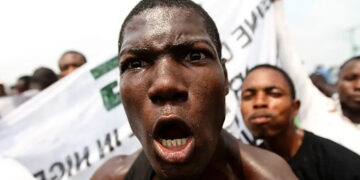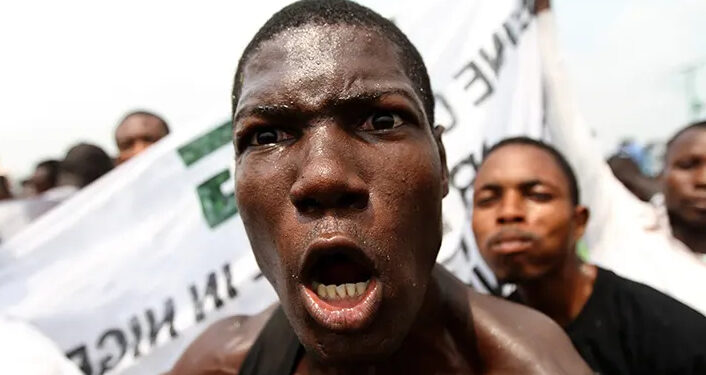By John Ikani
Governments across Africa are facing increasing unrest as young people take to the streets to protest against long-standing issues such as unemployment, corruption, and economic stagnation.
The wave of demonstrations is reminiscent of the recent mass protests in Kenya over proposed tax hikes and corruption.
Nigeria is bracing for nationwide protests scheduled to begin on August 1st, targeting corruption and economic hardship.
Despite warnings from the military of potential intervention to prevent violence, the government has taken steps to appease the public, including the relaunch of a youth investment fund and job openings at the state-owned oil company.
Uganda also witnessed a crackdown on youth-led protests last week as demonstrators attempted to march against government corruption. Over a hundred people were arrested, with President Yoweri Museveni blaming foreign interference.
Dr. Xavier Ichani, an international relations researcher, warns that African governments must swiftly address citizens’ grievances to prevent further unrest.
Africa’s young population, with over 400 million people aged 15 to 35, is increasingly frustrated by limited job opportunities, poor governance, and rising living costs.
Social media platforms like X have played a crucial role in mobilizing and connecting young protesters across the continent. Kenyans, for example, have shared experiences and strategies for effective protests.
While the protests have forced some concessions, such as the withdrawal of proposed tax hikes in Kenya, they are unlikely to lead to immediate regime change.
However, they could significantly impact future elections and compel governments to address citizens’ demands




































